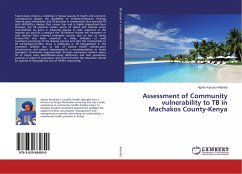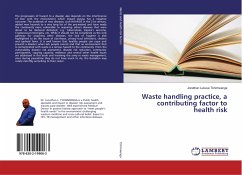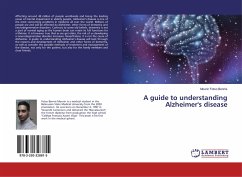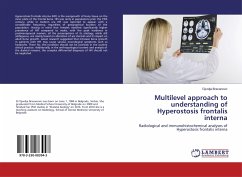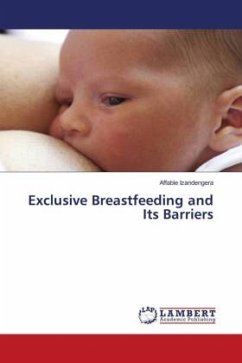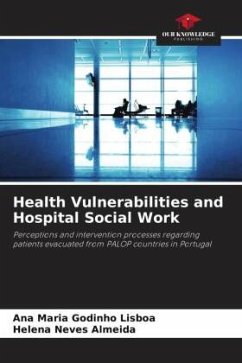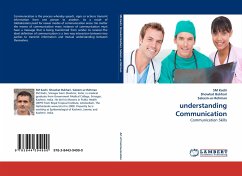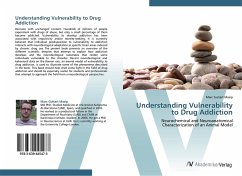
Understanding Vulnerability to Drug Addiction
Neurochemical and Neuroanatomical Characterization of an Animal Model
Versandkostenfrei!
Versandfertig in 1-2 Wochen
32,99 €
inkl. MwSt.

PAYBACK Punkte
16 °P sammeln!
Revision with unchanged content. Hundreds of millions of people experiment with drugs of abuse, but only a small percentage of them become addicted. Vulnerability to develop addiction has been associated with impulsivity and/or novelty-seeking. It is currently believed that individual predisposition to vulnerability to addiction interacts with neurobiological adaptation in specific brain areas induced by chronic drug use. The present book presents an overview of the different scientific theories that attempt to explain how addiction develops and the neurobiological substrates that render some ...
Revision with unchanged content. Hundreds of millions of people experiment with drugs of abuse, but only a small percentage of them become addicted. Vulnerability to develop addiction has been associated with impulsivity and/or novelty-seeking. It is currently believed that individual predisposition to vulnerability to addiction interacts with neurobiological adaptation in specific brain areas induced by chronic drug use. The present book presents an overview of the different scientific theories that attempt to explain how addiction develops and the neurobiological substrates that render some individuals vulnerable to this disorder. Recent neurobiological and behavioral data on the Roman rats, an animal model of vulnerability to drug addiction, is used to illustrate some of the phenomena described in the book. This book should help shed some light in the field of drug addiction and should be especially useful for students and professionals that attempt to approach the field from a neurobiological perspective.



